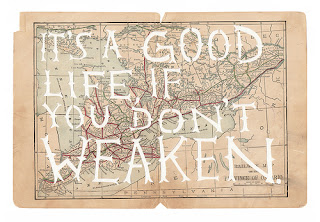Sermon Title: Is Ruth in the Caravan?
by Robin Meyers
Sermon for Sunday, November 4, 2018
Scripture Reading: Ruth 1:1-8
[My personal notes appear in brackets.]
The book of Ruth is a about immigration. It comes after the
book of Judges during which anarchy reigned over the Israelites. It was a
lawless time during which the powerful ruled over the weak and vulnerable. [This
is the same situation faced by those in Central & South America.]
In addition to this there was famine in the land. In our own
time famine is something that happens far away. But it happens now, and when it
does then as now, those who face it become refugees. The book of Ruth begins
with the family of Elimelek and Naomi, who flee Judea into the
country of Moab. The Moabites were hated by the Israelites who believed that
they were populated by Lot’s daughter through incest with her father. The Moabites
also worshiped a different god than Yahweh. But when you are starving or in peril
of your life, you go somewhere.
Naomi’s husband died, and widows in the ancient world are
destitute. However, she still had two sons who took Moabite wives, Oprah and
Ruth. Each of their husbands also die meaning that all 3 were facing a life of
poverty and starvation. Naomi urges her daughters-in-law to go back to their
mother’s home and to their gods feeling that Yahweh has abandoned her.
Oprah does leave Naomi, but Ruth decides to stay with her
making her famous statement so often used in wedding songs and ceremonies.
Naomi reacts by ceasing to speak to Ruth for a while. However, Naomi hears about
a relative named Boas, and she teaches Ruth how to get him for a husband which
involves getting pregnant by him. Her child, named Obed, becomes Ruth’s “anchor
baby. Obed is the grandfather of King David.
Famine and tragedy come one way or another into everyone’s
life. Here come our refugees traveling in a caravan because of the tragedy they
face in their home country. Here comes our president turning their tragedy into
a political ad. Ruth and Naomi were refugees needing a way to eat. Their story
is one of leaving their country to try to get into another country. We celebrate Ruth
at wedding and demonize her at the borders. We have no right to pass judgement
on their lives of which we know very little. We worry more about the
possibility of criminals in their caravan than we do the reality of criminals
running our country.
Ruth, or someone very like her, is in the caravan trying to
get away from anarchy and starvation. [Our decision is whether we will heed the
lesson of Scriptures or heed those whose words bring only suffering and death.]



